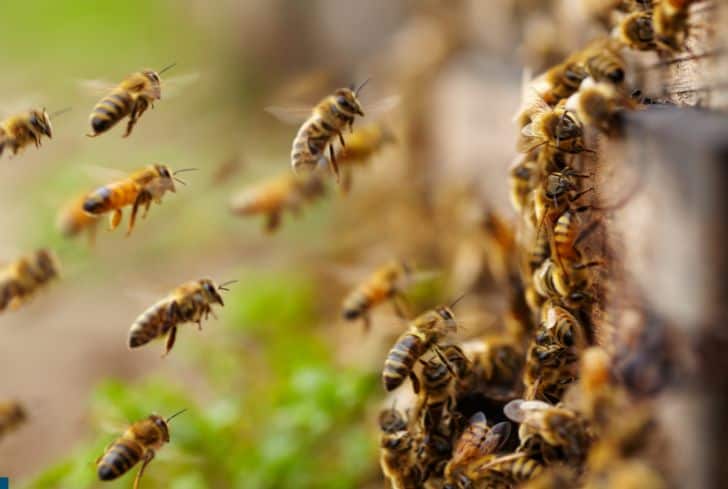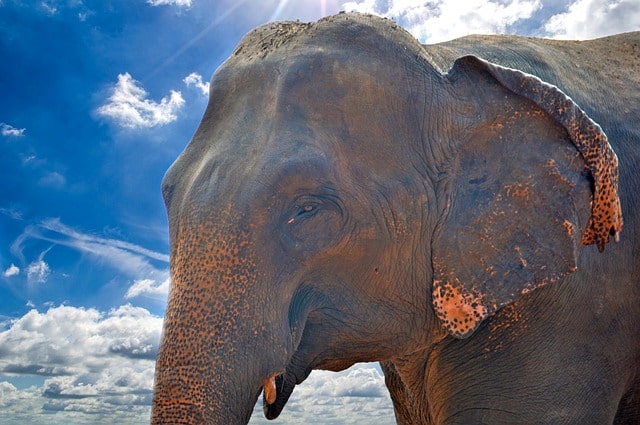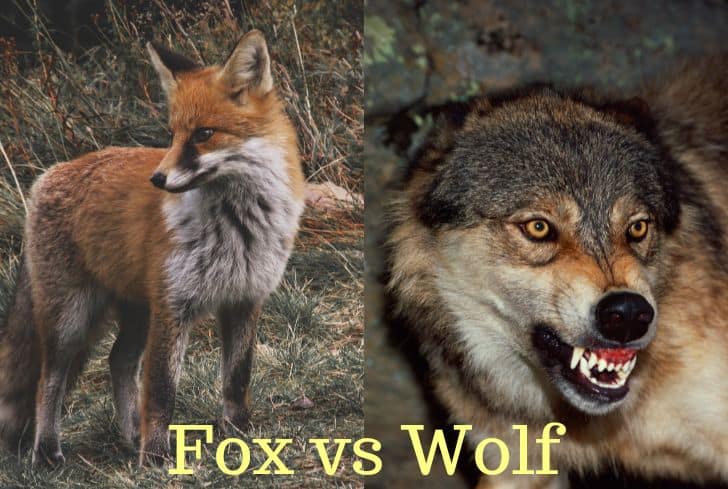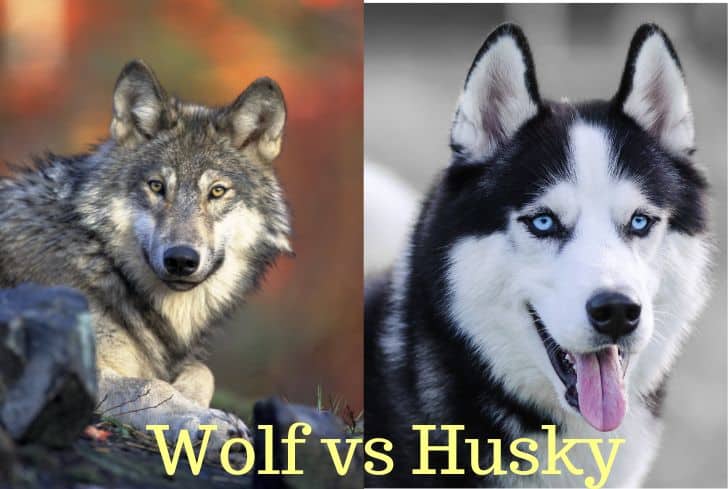Can Squirrels Eat Popcorn? (And Which Foods Do They Actually Like)
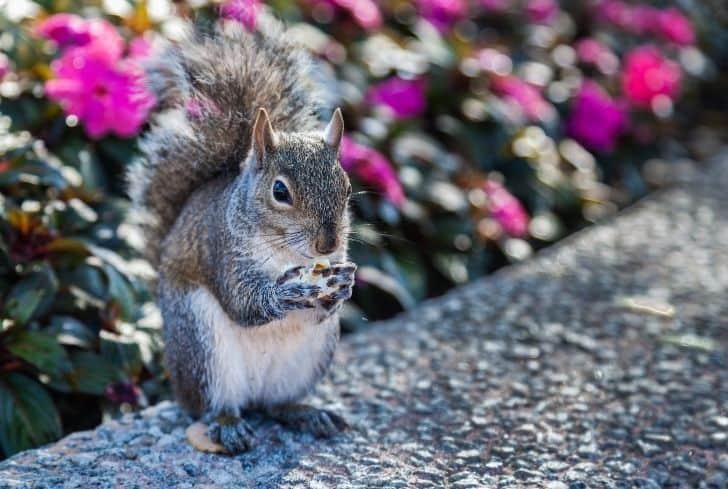
Late-night studies, movie nights, or just about any gathering, popcorn is arguably the go-to snack. But is popcorn good for pet friends like squirrels? What happens when they eat popcorn now and then? Are there any warnings? Here’s what you should know.
Popcorn is a tasty snack. Anytime you open a packet of popcorn, you can almost guarantee that pet squirrels (or the ones you encounter in the backyard or parks) will be there near you, wondering if they can eat some too.
The question of whether squirrels can eat popcorn or not doesn’t exactly have a clear answer. The right answer is: it depends.
Different factors can affect how healthy popcorn is for the squirrels, including how popcorn is prepared and served.
Popcorn itself isn’t toxic to pets. It’s what humans tend to put on popcorn for flavor makes popcorn unhealthy. Plain, air-popped popcorn is safe for humans and squirrels alike. Because it contains plenty of fiber, which is good for the digestive system. It also has protein, iron, as well as vitamin B. These aren’t going to offer a huge nutrient boost to squirrels, but they won’t harm them either.
Popcorn flavored with salt, oil, butter, or sugar isn’t good for squirrels.
Is Popcorn Good For Squirrels?
In its pure form, without all the added flavors, popcorn is a safe occasional treat for squirrels. That said, keep in mind that safe and healthy aren’t always the same thing. There’s also kernel trouble and choking hazards.
Kernel getting stuck between the teeth and causing irritation or pain is nothing new to humans. And, the same thing can happen to the tiny rodents. It’s super easy for parts or the entire kernel getting stuck in rodents’ teeth. When the kernels remain lodged along their gum line, they can cause bleeding to gum diseases and tooth decay over time.
Another issue with popcorn kernels is that they’re not easily digestible. If squirrels swallow one or two kernels, it’s probably not going to cause serious effects, but there’s absolutely no sense in putting your little pet’s tummy through more load than necessary.
Unpopped kernels pose a choking hazard for squirrels. If your pet gulps down too many popcorns at once, it could easily block their tiny throat and may become fatal.
Why is Store-bought or Processed Corn Bad For Squirrels?
In general, there are three main types of additives that you’ll find on store-bought processed popcorn: salt, butter/vegetable oil, and flavoring.
Salted popcorn might taste good, but it’s unsafe for pets including squirrels. When too much salt goes into their system, they will become overly thirsty. In the worst cases, pets could even suffer from sodium ion poisoning, which is life-threatening. Most microwaved popcorn contains lots of salt, so it’s ideal not to share with your pet squirrel.
Vegetal oil and butter are other common additives used to enhance the taste of popcorn, and they are also harmful to squirrels. Too many calories or fat at once can cause digestive problems like diarrhea or vomiting. So, avoid giving pet squirrels buttered popcorn.
A good number of popcorn varieties come with added flavors. You might love munching caramel, cheddar cheese, or peanut butter popcorn but do not give them to squirrels. Sweeteners and chemical preservatives can cause kidney problems and obesity.
Last but not the least, corn could be a possible allergen for squirrels.
How to Serve Popcorn to Squirrels?
Popcorn certainly shouldn’t replace anything in your pet squirrel’s regular diet. If you are going to share air-popped, plain popcorn occasionally, this is how to do it:
- Set up a feeding station in the yard.
- Ensure the location of the squirrel feeding station is away from bird feeders or trash cans. Ideally, set it up in a location where squirrels frequent in your yard.
- Fill the feeder with homecooked, plain corn, and leave it for the critters.
- Make sure there are there aren’t any uncooked kernels before filling the feeder.
- Do not change the feeders frequently. Let the squirrels get used to the idea of a constant feeding station where they can freely eat.
- Just like the human diet, all it takes is close attention with moderation, and you and your pet squirrels will be just fine enjoying the corn treats.
Can Squirrels Eat Corn Kernels?
The answer to “can squirrels eat corn kernels?” is Yes, when they’re cooked.
Cooked corn kernels themselves are safe whereas the uncooked kernels pose a threat to squirrel’s oral health. The raw kernels can even chip a tooth or become a choking hazard. Be sure to monitor baby squirrels as they may choke on a kernel even if it is cooked. Kernel stuck between teeth can cause simple pain to tooth decay and gum infections.
Also, corn kernels increase the risk of intestinal obstruction leading to digestive problems. Salted or flavored corn kernels are a strict ‘no’ because of dehydration risks.
Can My Pet Squirrel Eat Butter or Caramel Popcorn?
The answer is No. Of course, you don’t need to panic if your little pet snatches a few pieces of butter or caramel popcorn off the floor before you pick them up. While not dangerous for squirrels in small amounts, you may find your pet squirrel developing stomach discomforts when the consumption is frequent.
What Else do Squirrels Eat?
A nutritious, balanced diet is essential to keeping the squirrels healthy. You might want to consider some of these safe options:
1. Fruits
Fruits especially berries are squirrel’s favorite food. Squirrels also love apples, pears, bananas, plums, peaches, avocados, nectarines, mangoes, and melons. The unprocessed sugar in the fruits gives them a natural energy boost. Too many sugary fruits will cause diarrhea or stomach discomfort. One or two handheld pieces 2-3 times a week would work.
Pits and seeds can be toxic for your pet. Also, do not give dates and dried fruits such as plums and prunes.
2. Vegetables
Vegetables provide chockful of nutrients not usually found in snacks like corn. You should include high-calcium vegetables like arugula, beet greens, Chinese cabbage, cilantro, collard greens, kale, radishes, squash, turnip greens, and watercress. Squirrels love eating asparagus, artichokes, avocado, sweet peppers, broccoli, brussels sprouts, and sweet potatoes. They also love digging up root vegetables.
Do not feed dried veggies, garlic, sprouts, and yams.
3. Nuts
High-protein nuts still in their shells is the best squirrel food. Nuts are rich in fatty acids and protein. The fat in them helps squirrels to build up fat reserves for the wintry days. Examples: Acorns, roasted pumpkin seeds, hazelnuts, macadamia nuts, pecans, pistachios, and peanuts.
Avoid dried corn, pine nuts, cashews, etc as they may cause calcium loss.
4. Cereal and grains
Cereals contain lots of nutrients and sugars to keep their energy in check. However, these aren’t the first choice for squirrels; squirrels prefer eating cereals and grains mostly when there’s food scarcity. Example: shredded wheat, corn flakes, and grape nuts.
5. Insects
When nuts and fruits are short in supply, squirrels feed on crickets, grasshoppers, bugs, larvae, and moths. These insects are one of the many ways to add proteins and vitamins to squirrels’ diet.
6. Supplements
Many squirrel types, especially flying squirrels need more calcium and vitamin D3. If they aren’t getting enough from the natural food sources, you should consider giving squirrel pellets and supplements.
7. Bones
In general, squirrels love a vegetarian diet, but there are squirrel types that would enjoy animal bones or deer antlers. Wild squirrels are particularly fond of animal bones, which satisfy their calcium needs.
8. Plants and mushroom
In the wild environments, squirrels love foraging plant parts, mushrooms, and fungi. Oyster mushrooms, truffles, Acron truffles, and lichen are squirrel’s favorites. They also love eating soft twigs, grasses, roots, leaves, succulent flower buds, tulip bulbs, and more.
What Foods are Bad For Squirrels?
If you like feeding squirrels, you might want to avoid these food items because a) they are just fillers and b) they can be bad for squirrels.
1. Peanuts
Squirrels do enjoy peanuts but they aren’t supposed to eat peanuts. Raw peanuts do not offer much nutritional value to the animals. More importantly, they contain aflatoxin, a fungal toxin that causes liver damage. Also, the trypsin inhibitor present in peanuts prevents protein reabsorption in squirrels.
2. Processed Food
Salty, sugary food are fillers and have zero nutritional value. Too much salt and sugar are detrimental to pets like squirrels as they affect overall health. Frozen foods and canned foods are also considered bad because of the chemical preservatives in them.
3. Raw corn
You can feed squirrels cooked corn in moderation but never feed them raw corn. Corn also turns sour quickly and grows mold and is fatal to squirrels. So, make sure to feed cooked corn.
4., Animal or Human Formula
Dog, bird, or baby human formula are fatal for squirrels. These formulas have too many preservatives and chemical additives which can cause allergy, nervousness, seizures, and sudden death in squirrels.
Generally, meat isn’t a part of squirrel’s natural diet. The animals are vegetarian and can die when pet food with high meat content is consumed.
References:
https://www.wildlifeonline.me.uk/animals/article/squirrel-food-feeding-diet-composition
https://www.avianandanimal.com/feeding-your-pet-squirrel.html

